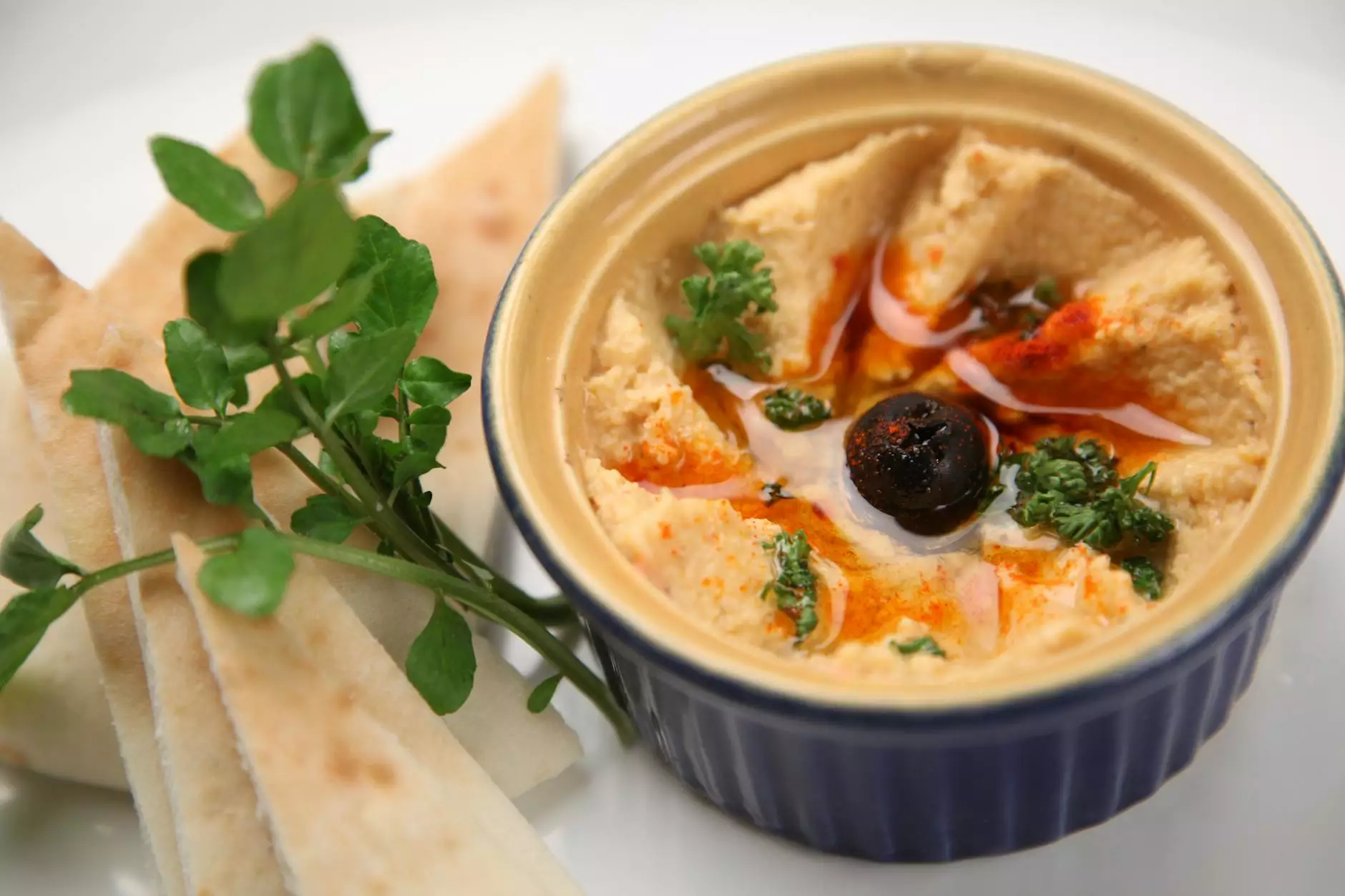Foods to Reduce Inflammation: A Comprehensive Guide

Inflammation is a natural process that helps the body heal and defend itself against harmful invaders. However, when inflammation becomes chronic, it can lead to various health issues such as heart disease, arthritis, and other serious conditions. Fortunately, the foods we consume can play a significant role in managing and reducing inflammation. In this article, we will explore the best foods to reduce inflammation, their health benefits, and tips on incorporating them into your diet.
Understanding Inflammation
Before delving into the foods that can help mitigate inflammation, it is essential to understand what inflammation is and how it affects our bodies. Inflammation is part of the body's immune response and can be categorized into two types: acute and chronic.
- Acute Inflammation: This is a localized response that occurs due to injury or infection. It is short-lived and generally resolves once the underlying issue is addressed.
- Chronic Inflammation: This type is prolonged, lasting for months or years, and can result from various factors including lifestyle, diet, and environmental stressors. Chronic inflammation has been linked to numerous diseases.
Top Foods to Reduce Inflammation
Incorporating certain foods into your diet can notably help in reducing inflammation. Below is a comprehensive list of foods that are known for their anti-inflammatory properties.
1. Fatty Fish
Fatty fish such as salmon, mackerel, sardines, and trout are rich in omega-3 fatty acids. Omega-3s are essential fats that reduce the production of inflammatory molecules like cytokines and eicosanoids. Research shows that regular consumption of fatty fish can significantly lower levels of inflammation.
2. Leafy Greens
Leafy greens are loaded with antioxidants, vitamins, and minerals. Vegetables such as spinach, kale, and collard greens contain high levels of vitamin E, which helps combat oxidative stress and inflammation in the body.
3. Nuts and Seeds
Nuts and seeds, including walnuts, almonds, chia seeds, and flaxseeds, are excellent sources of healthy fats and fiber. They are also rich in anti-inflammatory compounds that can help reduce inflammation and improve heart health.
4. Berries
Berries like blueberries, strawberries, and blackberries are rich in antioxidants called flavonoids. These compounds have potent anti-inflammatory effects and can help improve immune response.
5. Olive Oil
Extra virgin olive oil is a staple of the Mediterranean diet and is known for its numerous health benefits. It contains oleocanthal, a compound that has similar effects to non-steroidal anti-inflammatory drugs (NSAIDs). Regular consumption of olive oil can help decrease inflammatory markers in the body.
6. Tomatoes
Rich in vitamin C, potassium, and lycopene, tomatoes are a healthy food that can help reduce inflammation. Lycopene, in particular, has been shown to lower inflammation when consumed raw or cooked.
7. Turmeric
Turmeric, a spice commonly used in Indian cuisine, contains curcumin, a compound that has powerful anti-inflammatory effects. Studies indicate that curcumin can help modulate the inflammatory response in the body.
8. Garlic
Garlic has been used for its medicinal properties for centuries. It contains sulfur compounds that can help lower inflammation and enhance immune response. Incorporating fresh garlic into your meals can be beneficial for managing chronic inflammation.
9. Green Tea
Green tea is packed with polyphenols and antioxidants, particularly epigallocatechin gallate (EGCG), known for its strong anti-inflammatory effects. Regular consumption of green tea can help lower inflammatory markers and improve overall health.
10. Whole Grains
Whole grains such as brown rice, quinoa, and oats contain fiber, which is essential for maintaining a healthy gut. A healthy gut is crucial for reducing systemic inflammation as it affects the body's immune system.
Benefits of Including Anti-Inflammatory Foods in Your Diet
Integrating anti-inflammatory foods into your daily meals can provide a multitude of benefits:
- Improved Heart Health: A diet rich in anti-inflammatory foods can lower the risk of heart disease by reducing inflammation in blood vessels.
- Enhanced Immune Function: Certain foods promote a healthy immune system, which is essential for fighting off infections and diseases.
- Better Digestive Health: Foods rich in fiber improve gut health, aiding digestion and potentially reducing inflammation in the gut.
- Weight Management: Many anti-inflammatory foods are low in calories and high in nutrients, helping maintain a healthy weight.
- Reduced Risk of Chronic Diseases: Regular consumption of anti-inflammatory foods may lower the risk of developing chronic diseases such as diabetes, cancer, and Alzheimer’s.
Incorporating Anti-Inflammatory Foods into Your Diet
Incorporating foods to reduce inflammation into your diet can be simple and enjoyable. Here are some practical tips:
1. Meal Planning
Plan your meals around anti-inflammatory foods. Create a weekly menu that includes a variety of healthy options, ensuring that you incorporate different colors and types of fruits and vegetables.
2. Snack Smart
Snack on nuts, seeds, and fresh fruits instead of processed snacks. Berries and yogurt make a great anti-inflammatory snack that is both delicious and satisfying.
3. Experiment with Recipes
Try new recipes that emphasize anti-inflammatory ingredients. For example, make a salad topped with fatty fish, leafy greens, and a vinaigrette made from olive oil.
4. Use Spices Wisely
Incorporate anti-inflammatory spices like turmeric and garlic into your cooking. Add turmeric to soups, rice dishes, or even smoothies for an extra health boost.
5. Stay Hydrated with Green Tea
Replace sugary beverages with green tea. It offers hydration and anti-inflammatory benefits, making it a perfect addition to your daily routine.
Conclusion
In conclusion, understanding the impact of foods to reduce inflammation is crucial for maintaining good health. By incorporating a variety of anti-inflammatory foods into your diet, you can not only help reduce chronic inflammation but also enhance your overall well-being. Remember that dietary changes should be part of a holistic approach to health that includes regular exercise and a balanced lifestyle. At Australian Pharmacy, we are committed to helping our customers live healthier lives by providing information and products that support wellness. Start your journey towards a healthier you today!



